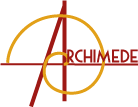Abstract
The vocabulary used by the author of the Historia Augusta about the Orient and the Orientals is indicative of the positions of the most traditionalist senatorial Roman elite at the end of the fourth century. If the writer seems to have only a superficial knowledge of them, and to share the traditional Roman prejudices against them, his lexical choices and the anachronisms they can imply intend to denounce the growing pre-eminence of the East over the West and the progressive dissociation of the Roman world.
Keywords: Orient, Orientals, Diocletian, Constantine, Constantinople, Persians, barbarians, anachronisms.




